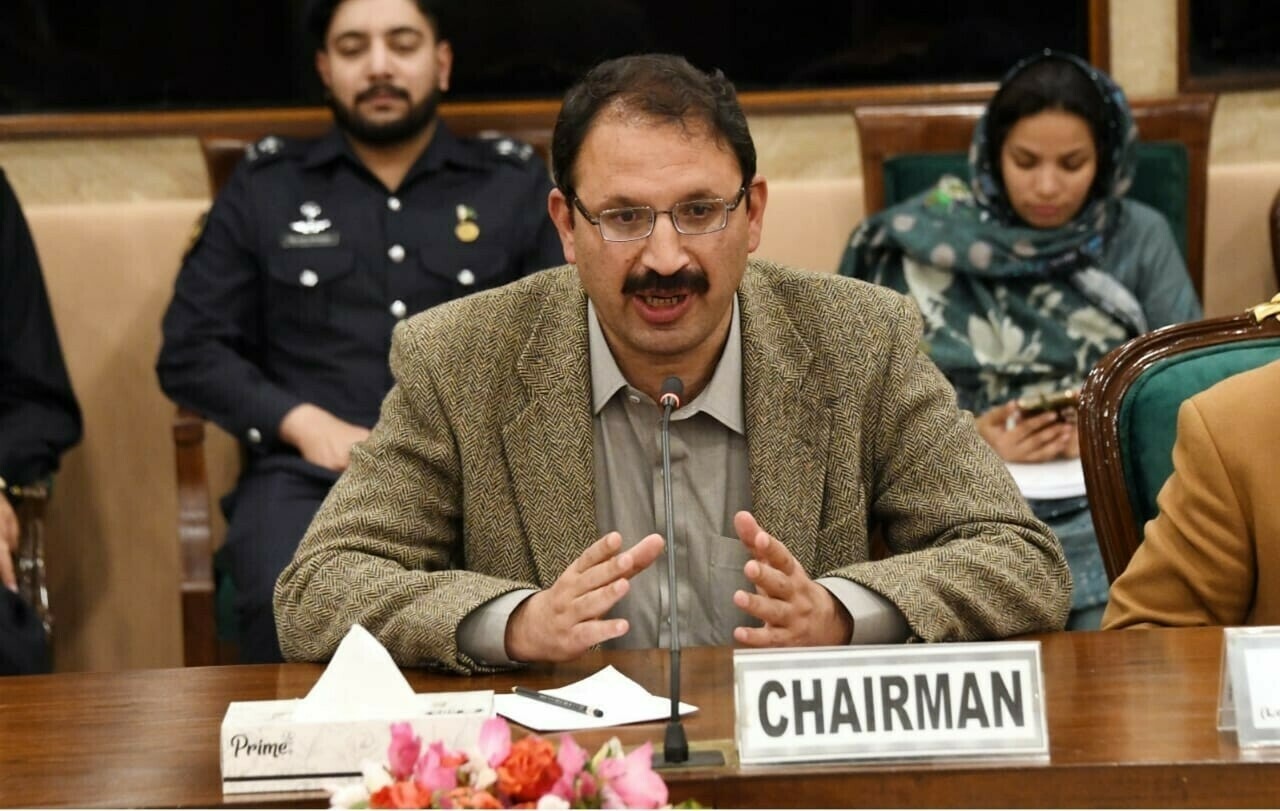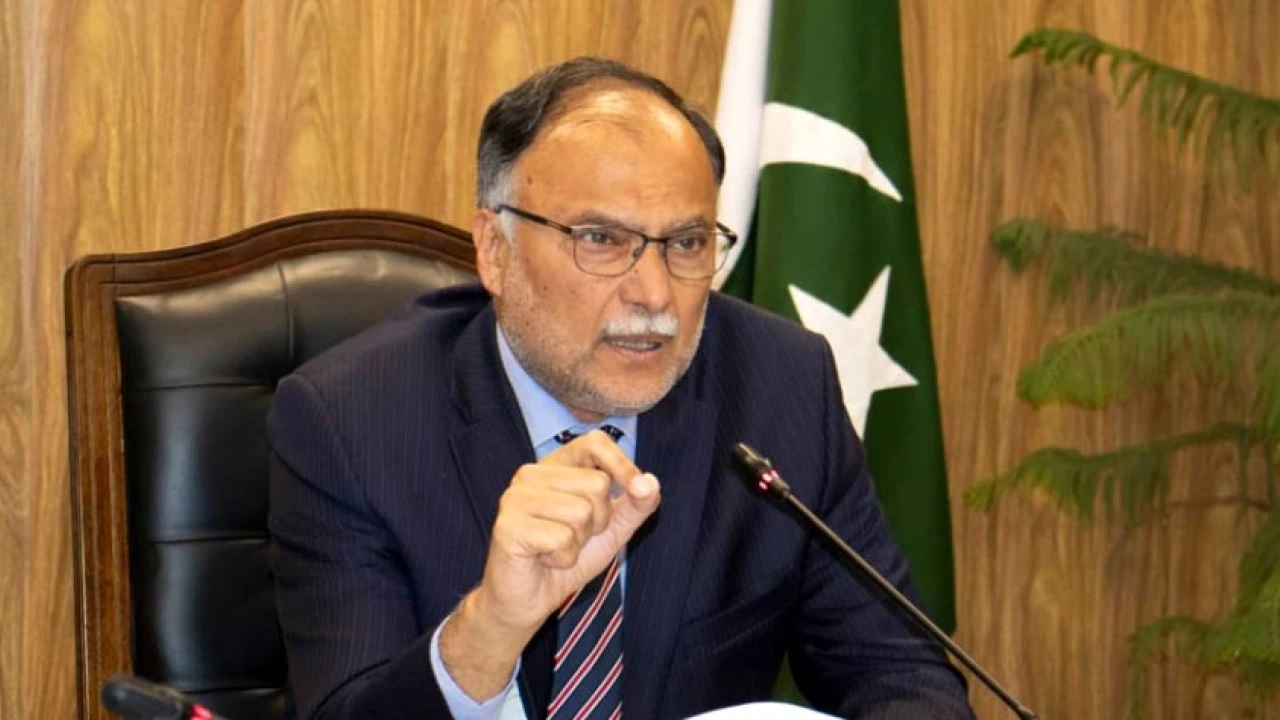PTBP Web Desk
Imran Khan has appointed Junaid Akbar as the new president for Khyber Pakhtunkhwa (KP). This decision was announced on Saturday, signaling a strategic shift in the party’s regional leadership.
Akbar, who has recently been elected as the chairman of the Public Accounts Committee (PAC), brings with him a reputation for being a vigilant watchdog over government expenditures. His election to the PAC, a body known for its extensive oversight powers in financial matters, was backed by both opposition and government members, showcasing his cross-party appeal. The PAC’s role allows it to summon any individual or demand records from any government department, making it a pivotal position for ensuring transparency and accountability.
The appointment notification was issued by PTI Secretary General Salman Akram Raja, officially replacing Ali Amin Gandapur, who concurrently holds the position of KP’s Chief Minister. This transition comes amidst internal party restructuring, where Gandapur himself expressed reluctance to continue as the provincial party president, focusing instead on his responsibilities as chief minister, particularly in areas like terrorism and governance.
Imran Khan has explicitly directed Gandapur to concentrate on these critical issues, moving away from local political engagements in Dera Ismail Khan, where Gandapur hails from. This directive underscores Khan’s broader vision for governance and security in KP, a province where PTI holds significant power.
Parallel to the changes in KP, Khan has instructed Raja to consult on the reorganization of the party in Punjab, indicating a comprehensive overhaul in PTI’s leadership structure across key regions. This move is part of Khan’s strategy to strengthen the party’s grassroots and ensure effective administration at both provincial and national levels.
Sources close to Geo News reveal that corruption in KP has been a major concern for Khan, prompting him to place capable leaders like Akbar in pivotal roles. Khan’s discussions with Akbar and Atif Khan, another PTI member, further illustrate his hands-on approach in managing party affairs and regional politics. Akbar has been given the mandate to address and resolve internal party matters in KP, aiming to streamline operations and enhance the party’s governance capabilities.
Junaid Akbar’s position in the National Assembly (MNA) alongside his new role within PTI demonstrates a blending of legislative influence with party leadership. His appointment to the PAC, which had remained vacant since the government’s formation post the February 2024 elections, follows a long-standing parliamentary tradition where this important committee is chaired by an opposition member, reflecting a consensus on the importance of oversight in public finance.
This leadership shuffle within PTI not only aims at improving governance but also at reinforcing the party’s commitment to fighting corruption. With Akbar at the helm in KP, PTI signals its intent to maintain a strong anti-corruption stance while navigating the complexities of provincial administration. His dual role could potentially lead to more aggressive scrutiny of financial operations, both within the party and across government departments.
The implications of these changes will unfold in the coming months as Akbar navigates his responsibilities. His effectiveness in both roles will be crucial for PTI’s image and performance in KP. Moreover, how these internal restructurings translate into policy outcomes, especially in combating terrorism and improving governance, will be pivotal in determining the political landscape of KP under PTI’s rule.




